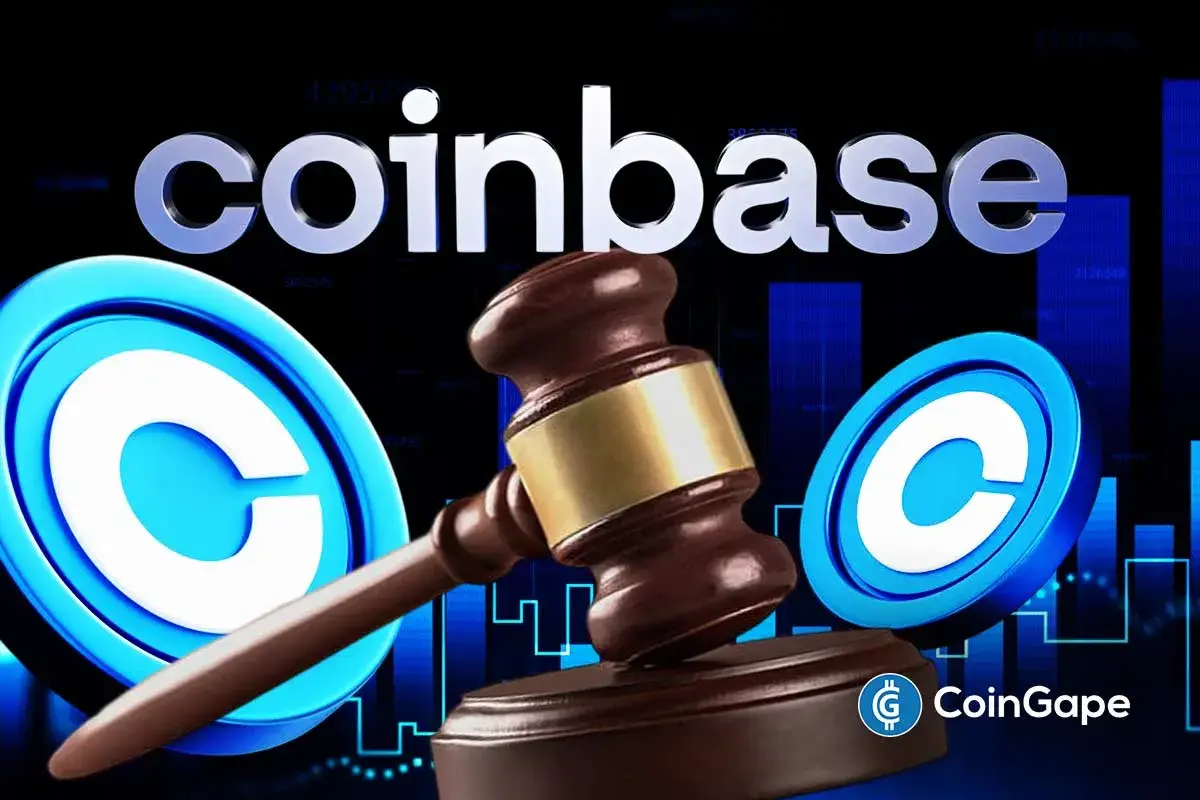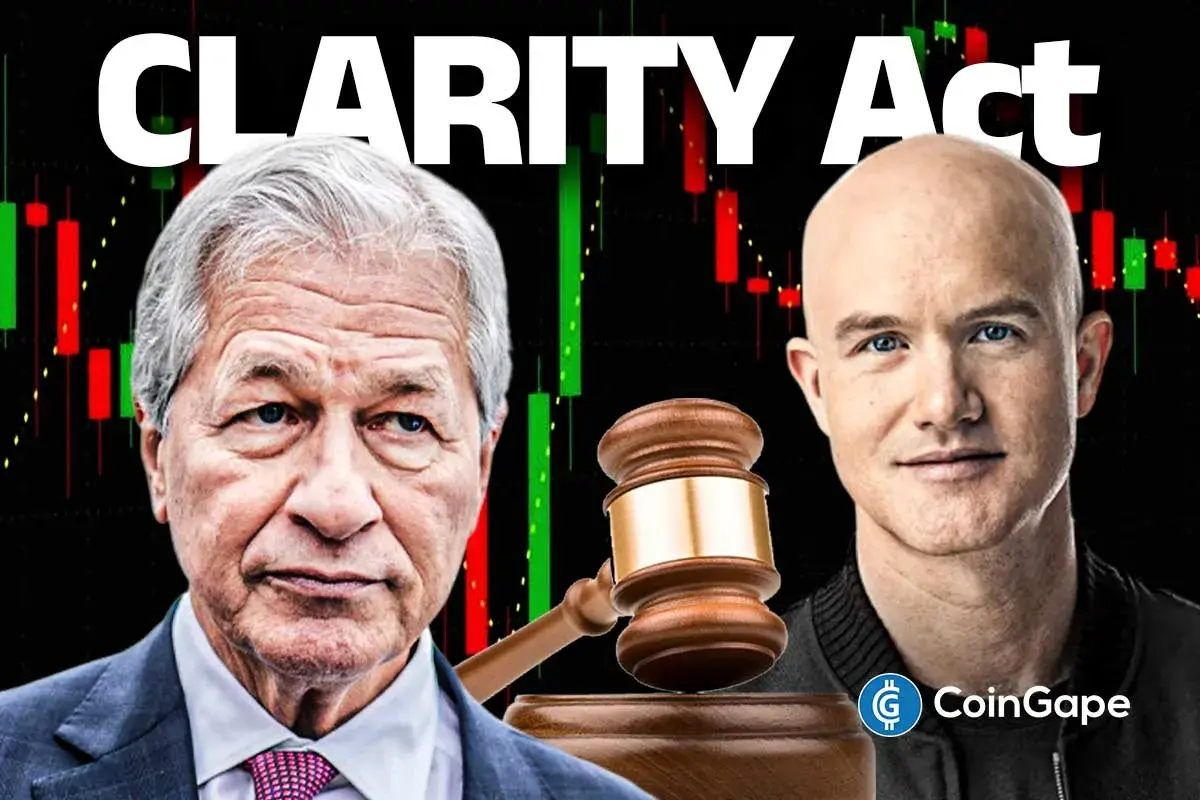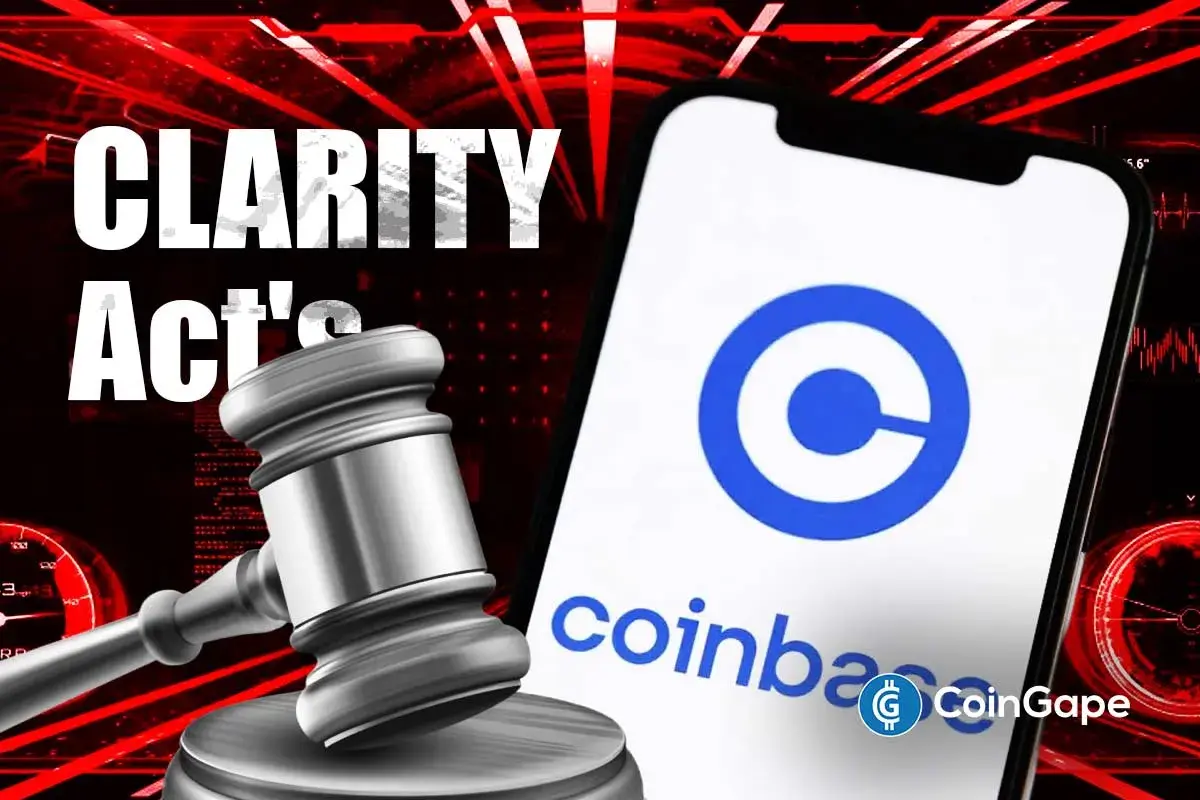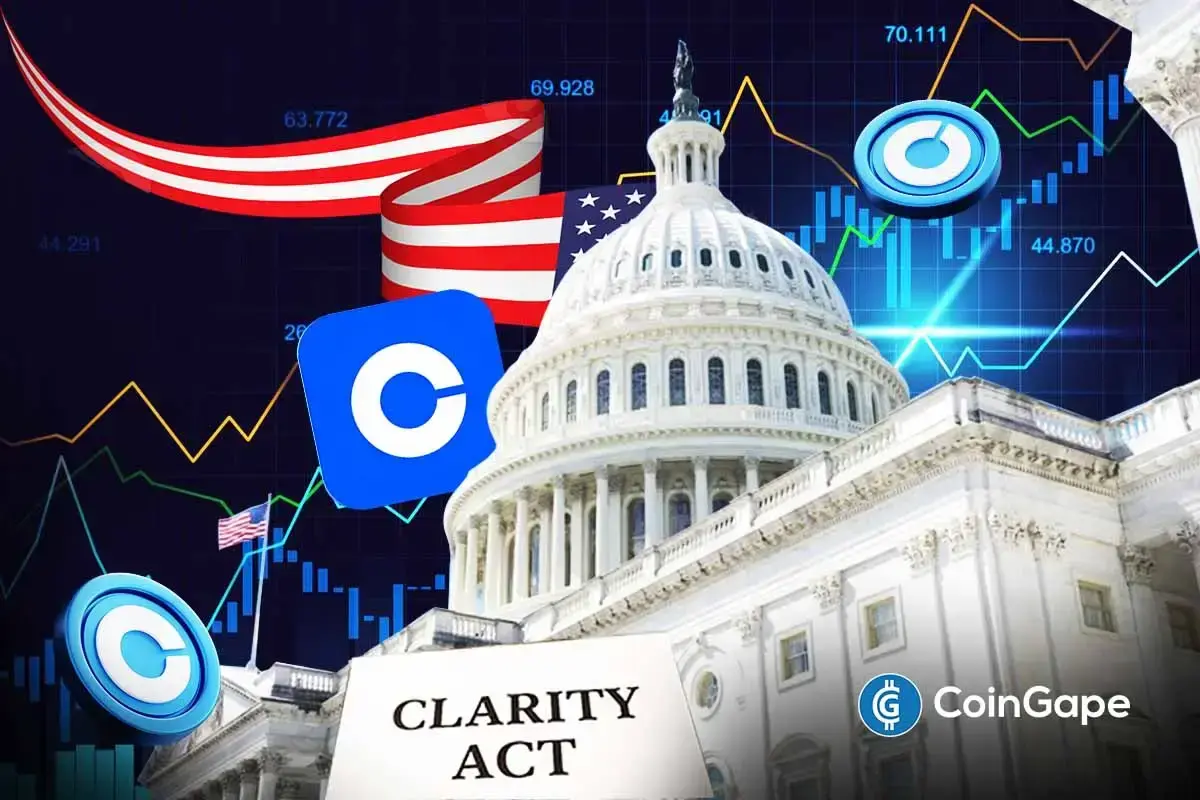Ether Commodity Status To Cause SEC Dilemma In Coinbase Battle, XRP Lawyer Says

Highlights
- XRP lawyer questions SEC's classification of Ethereum amid ongoing Coinbase legal battle.
- Insights suggest legal hurdles for the SEC in the ongoing legal battle with Coinbase.
- Ripple case's potential connection to Ethereum classification remains uncertain.
In the ongoing legal tussle between Coinbase and the U.S. Securities and Exchange Commission (SEC), a notable XRP lawyer, MetaLawMan, has raised crucial points that could impact the outcome of the case. His remarks, shared in recent online posts, have ignited discussions surrounding the SEC’s classification of cryptocurrencies, especially with the recent Ethereum’s commodity status.
Ethereum’s Commodity Status Challenges Regulatory Narrative
In a recent X post, MetaLawMan highlights how the SEC would face challenges in defining the regulatory status of cryptocurrencies, particularly in light of its recent acknowledgment that Ethereum (ETH) is a commodity. By highlighting the SEC’s argument regarding crypto tokens operating within an “ecosystem,” he questions the SEC’s inconsistency.
To be precise, he questions the SEC’s different view in classifying Ethereum as a commodity while considering other tokens as securities, when traded on platforms like Coinbase. Notably, the tokens that he mentioned are Solana (SOL) and Cardano (ADA). For context, the SEC has recent given a regulatory nod to the Spot Ethereum ETF in the U.S.
Meanwhile, the lawyer’s observations hint at potential legal hurdles for the SEC, especially as Coinbase prepares to file its Reply Brief and possibly seek a rehearing of its motion to dismiss in light of Ethereum’s commodity designation. This development could have significant implications not only for Coinbase’s case but also for the regulatory framework governing cryptocurrencies as a whole.
In addition, MetaLawMan’s insights also bring attention to Judge Failla’s interpretation of the SEC’s ecosystem argument, which formed the basis of her ruling in the Coinbase case. His analysis suggests that this interpretation could influence future legal proceedings and regulatory decisions within the crypto space.
Also Read: Ethereum Price Risks Of Falling To $3.4K Despite ETF Optimism, Here’s Why
Will Ripple Be Also Benefited From Coinbase?
Despite the implications for Coinbase, the lawyer admits uncertainty regarding how these arguments might impact other crypto-related cases, such as the ongoing lawsuit involving Ripple. While MetaLawMan’s focus has been on the ecosystem issue in the Coinbase case, he acknowledges the complexity of legal arguments and their application across different contexts.
Meanwhile, the Ripple case, which has been closely watched by the cryptocurrency community, remains distinct from the issues raised in the Coinbase lawsuit. While MetaLawMan’s insights offer valuable perspectives on regulatory challenges, particularly regarding Ethereum’s classification, it’s uncertain how these arguments will affect Ripple’s legal battle and its potential appeal to higher courts.
For context, a user recently inquired about the impact of the legal issue on the Ripple case and its chances of being appealed to the high court. In response, the lawyer stated uncertainty, indicating that the particular “ecosystem” issue they focused on wasn’t argued in the Ripple case. This admission suggests a lack of clarity regarding the direct relevance of the legal matter to Ripple’s ongoing legal proceedings and the potential for it to reach the high court.
Meanwhile, the broader landscape of crypto regulation continues to evolve, with regulatory agencies grappling to adapt existing laws to the unique characteristics of digital assets. Coinbase’s recent request for a new regulatory framework underscores the industry’s need for clearer guidelines to navigate the regulatory landscape effectively.
Also Read: Blast Blockchain Secures Sixth Spot In DeFi Network Rankings
- TRX Price Rebounds as Tron’s Treasury Push Gains Backing from Justin Sun
- 3 Reasons Why Bitcoin and Gold Prices Are Going Up
- Why is Crypto Market Up Today (Feb 9)
- Will Bitcoin Crash Again as ‘Trump Insider’ Whale Dumps 6,599 BTC
- XRP News: Ripple’s RLUSD Gets Boost as CFTC Expands Approved Tokenized Collateral
- Cardano Price Prediction as Midnight Token Soars 15%
- Bitcoin and XRP Price Outlook Ahead of Crypto Market Bill Nearing Key Phase on Feb 10th
- Bitcoin Price Prediction as Funding Rate Tumbles Ahead of $2.1B Options Expiry
- Ethereum Price Outlook as Vitalik Buterin Sells $14 Million Worth of ETH: What’s Next for Ether?
- Solana Price at Risk of Crashing Below $50 as Crypto Fear and Greed Index Plunges to 5
- Pi Network Price Prediction Ahead of PI KYC Validator Reward System Launch















